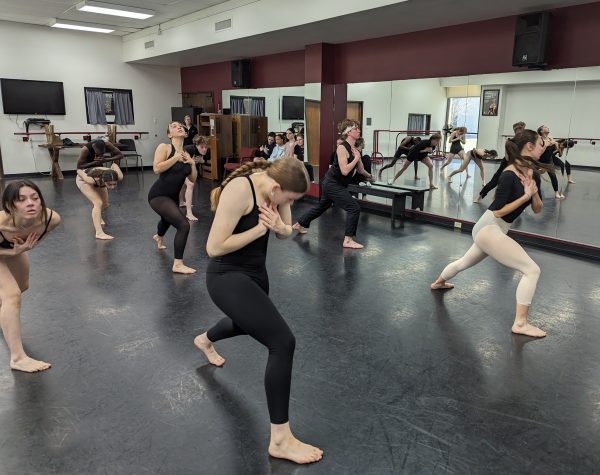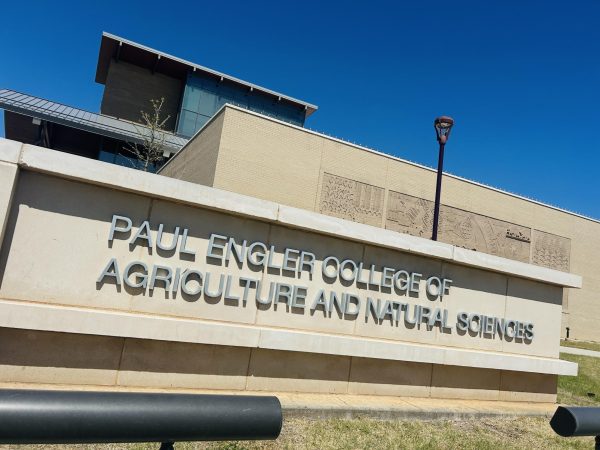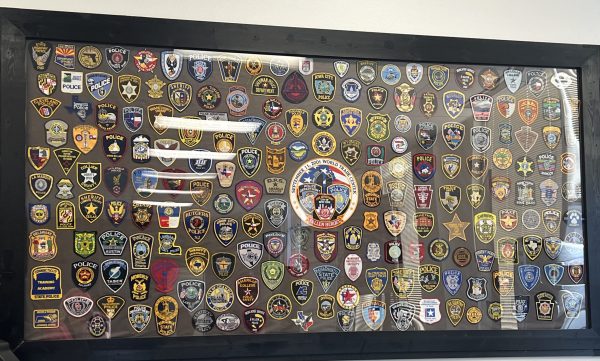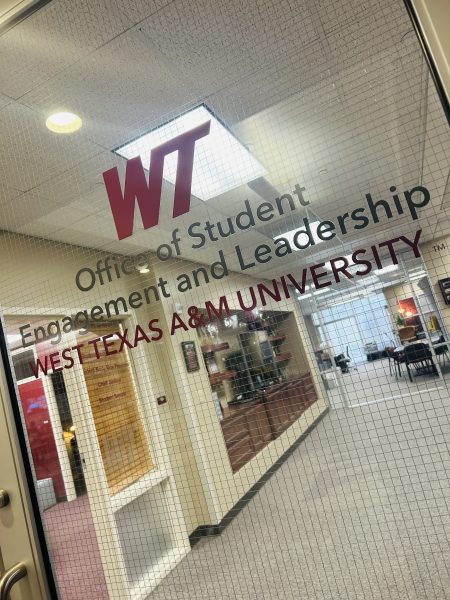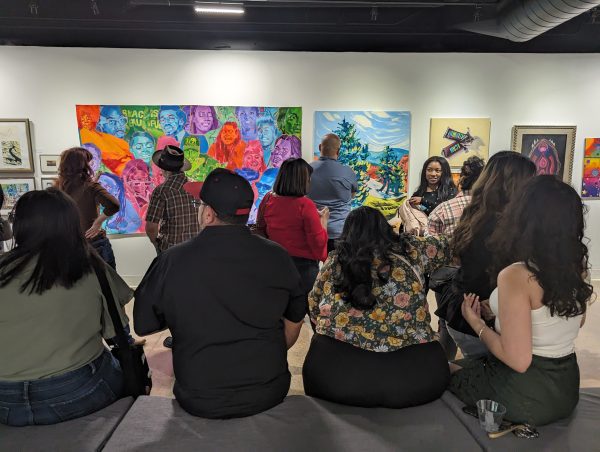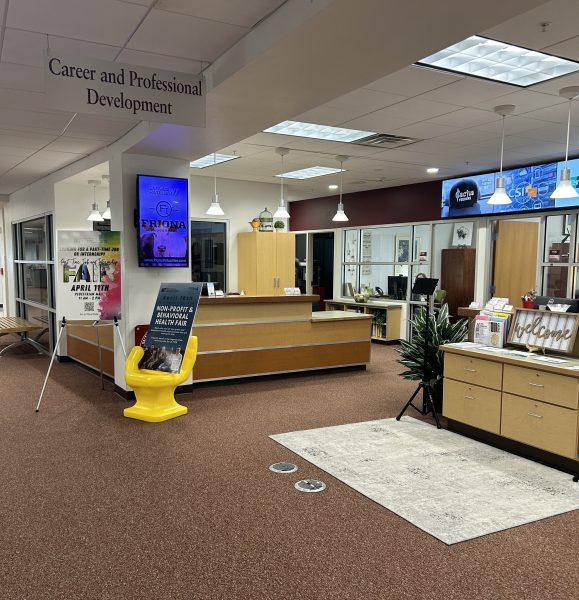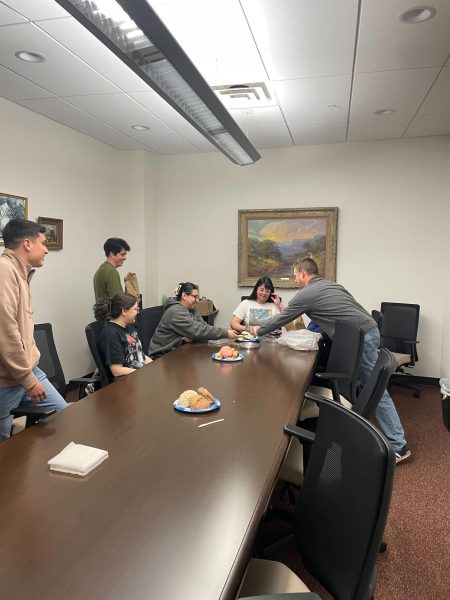How international students are being affected by COVID-19
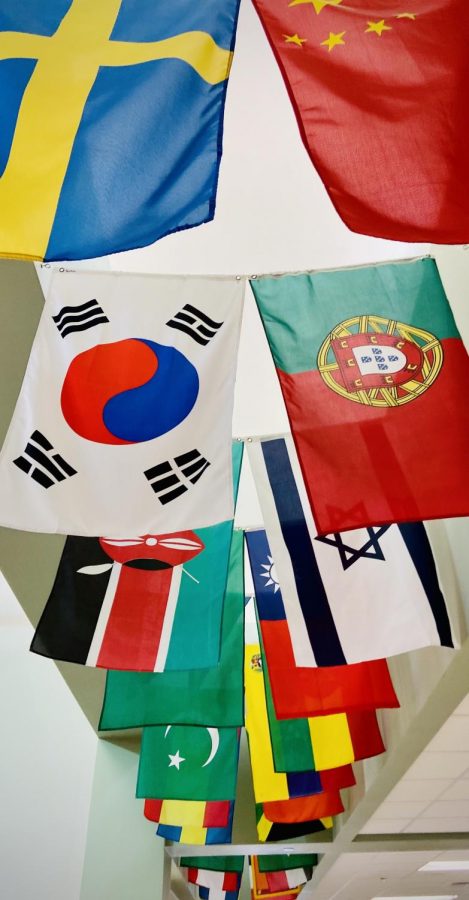
One struggle that came about from the pandemic was international students deciding on whether they should go home, or stay in the U.S.
The coronavirus has swept through our nation, leaving behind worry and change. The past five months have proven to be an unknown challenge for many, especially for numerous colleges. Universities have shut down, moved classes online and have been implementing measures to protect the health of their community.
On March 20, 2020, West Texas A&M University students received an email stating that all classes would be moved online starting March 25. Participating in student organizations, watching sporting events, creating new friendships and even attending classes were some of the college experiences that students had to go without these past five months. Many students have felt the effects of this pandemic, but what about the students whose homes reside overseas?
“The pandemic didn’t just hit the United States, it hit worldwide,” said Kristine Combs, WTAMU director international student services. Combs said that, “some of our international students left when the university closed and continued their classes online because everything went online. Some of them stayed in the U.S., but they moved, you know with friends off campus or to other cities.”
According to Combs, out of the 235 international students, 112 are “totally online.” While many students had to return home, or were unable to travel to WTAMU for the fall, several international students simply stayed in the states. “It’s been really interesting and difficult at times in my advising the students because depending on whether they were in the U.S., and remain in the U.S. versus went home, outside of the country, and what was going on with their visa status … it was difficult to advise them because they were all over the map,” Combs said.
Vanessa Lemus, a senior civil engineering major from El Savador, was one of the international students who made the choice to stay in the U.S. during these trying times. When asked about her family, she said, “Well, when it started they couldn’t work at all like everything just shut down. My sister had some chance to work from home, but my parents couldn’t work at all, and like they are my main support here.” Along with financial issues, Vanessa is also having to put off going back home.
She said, “I won’t be able to go, yeah, just because you don’t know if there’s going to be another break and then I won’t be able to come back and this is like my last semester so I cannot risk to go. So they just decided that I could stay here just for the holidays.” While Vanessa is facing strain, herself, along with other international students, she has felt the support of WTAMU.
“The International Student Office has also been really good since the start with the pandemic,” said Fransisco Maia, a freshmen conducting tech major from Portugal. “They’ve organized in conjunction with the Baptist Student Ministry (BSM) a Food Pantry for those that don’t have food plans or meal plans in this case. Every single week, at least two or three days a week, they send a chain email with a Google Docs link for people that need food.”
“Since April 2 we have been…the International Student Office staff has been running a food pantry for students in need,” Combs said.. “The need is still here, school may have opened, Students may be on campus, but things are not normal. They’re still having issues.”
WTAMU staff and offices have been doing what they can to help international and national students alike. From providing food, to following COVID-19 regulations in order to stay open and even being available to advise those who require assistance. This season is uneasy for many, especially for the international students who must experience a whole different world of issues. However, students have the ability to help out each other, as well as the community.
“We all like to have fun. We all like to be with our friends but this is a time that we need to be selfless and think about not only ourselves but the safety of others,” Maia said.
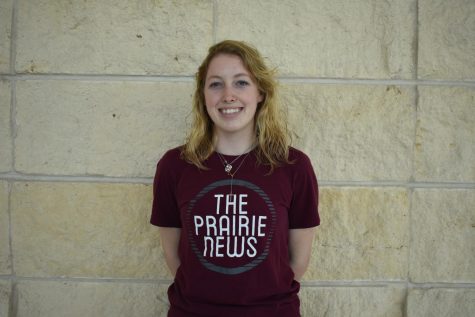
My name is Skylerr Patterson. I am a junior, broadcast journalism major from Electra, TX. I want to become a traveling journalist after I earn my degree....



